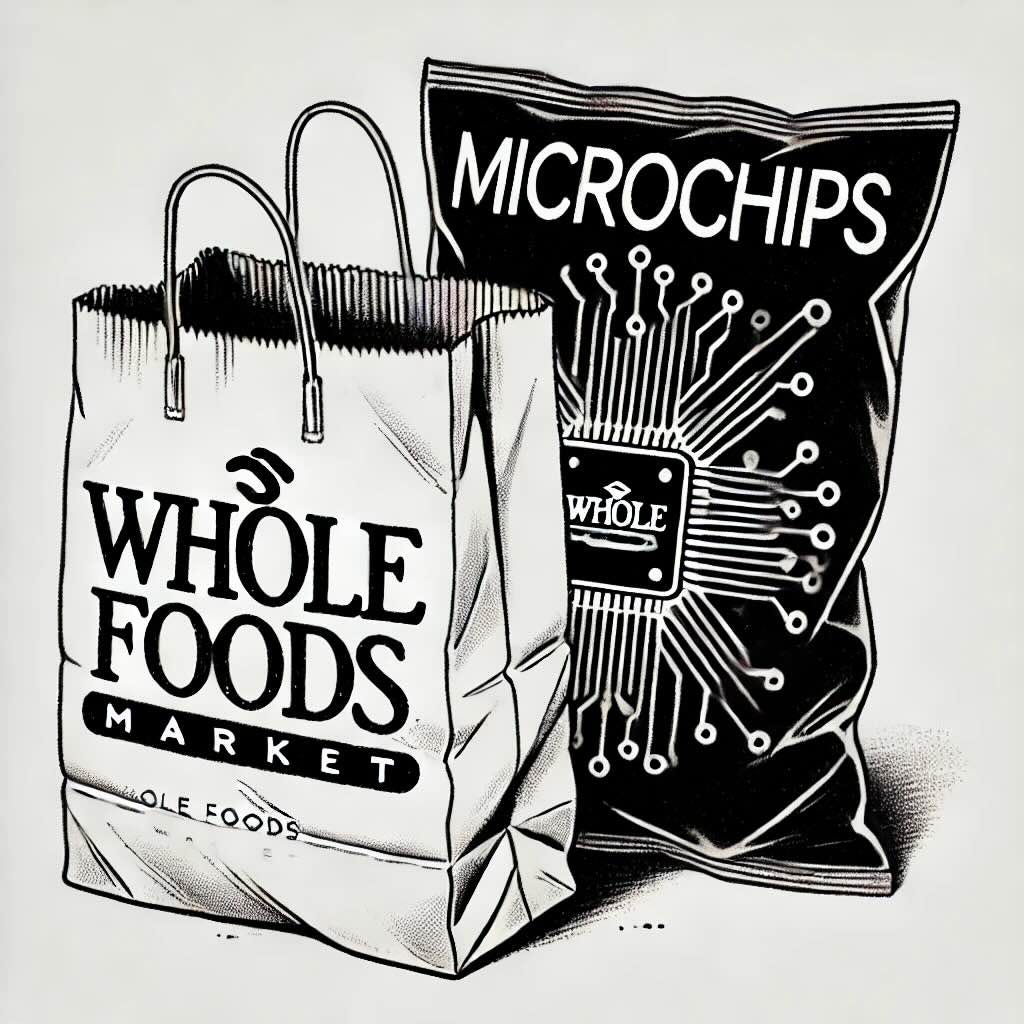Professionally, I focus on creating social benefit startups. In my Saturday morning emails I share what I’m learning and thinking. Topics range from better living and parenting to business and philosophy.
The Whole Story. The founder and long-time CEO of Whole Foods recently published his memoir. I was fascinated to read it for a number of reasons. I’ve long been a customer, I enjoyed meeting him once and I appreciate his conscious capitalism work. Plus my parents tell me they shopped at the original Whole Foods Market in Austin in the 70s (although that wasn’t truly the first store as they changed their name early). Three things stuck with me: One, why is it considered unusual to be an ardent capitalism and also stand for healthy eating, better animal care, or meditate? He tells multiple stories of surprising people with his capitalist-side given that he champions a healthy lifestyle and a great place to work. Two, the Whole Foods story one of growth through acquisition much more than I realized. Three, I was touched by the story of his father’s involvement in the business as advisor, investor and board member. His final poignant step of growing into his full leadership was to ask his father to step off the board. If you're not ready to read the whole book, you can read John’s summary or listen to the podcast summary that is “like going to church for entrepreneurs”
Right to Start. I’m supporting Right to Start as an ambassador. I hope you’ll join me in advocating for removing barriers to entrepreneurship. What barriers? For example: "An Institute for Justice report that examined the process of starting a business in 20 U.S. cities found that to start a restaurant, entrepreneurs had to pay an average of 13 different fees for permits and licenses totaling more than $5,300. The same Institute for Justice report found that starting a business is a complex process. To open a barbershop, for example, an entrepreneur has to complete an average of 55 steps with eight different government agencies." For more, check out my podcast interview with Victor, the founder of Right to Start.
Chips an Industrial Policy? Beyond removing barriers to starting businesses, should we support the growth of some businesses? I’ve been reflecting on the role of the government in setting industrial policy. As I mentioned before, I started from the position of no industrial policy and now I am less certain. I doubt we want to continue federal policy subsidizing agriculture and fossil fuels in current form. I’m more persuaded by the national security arguments for having microchip manufacturing in the US. I’m curious to see the longer-term impact of the 2-year old CHIPS Act which provides ~$50B in government subsidiaries to build microchip fabs in the US. Supposedly that has unlocked $450B private investment aimed at competing with TSMC and similar. I wonder about the trade-offs. How do you judge success?
Until next time,
Miles



